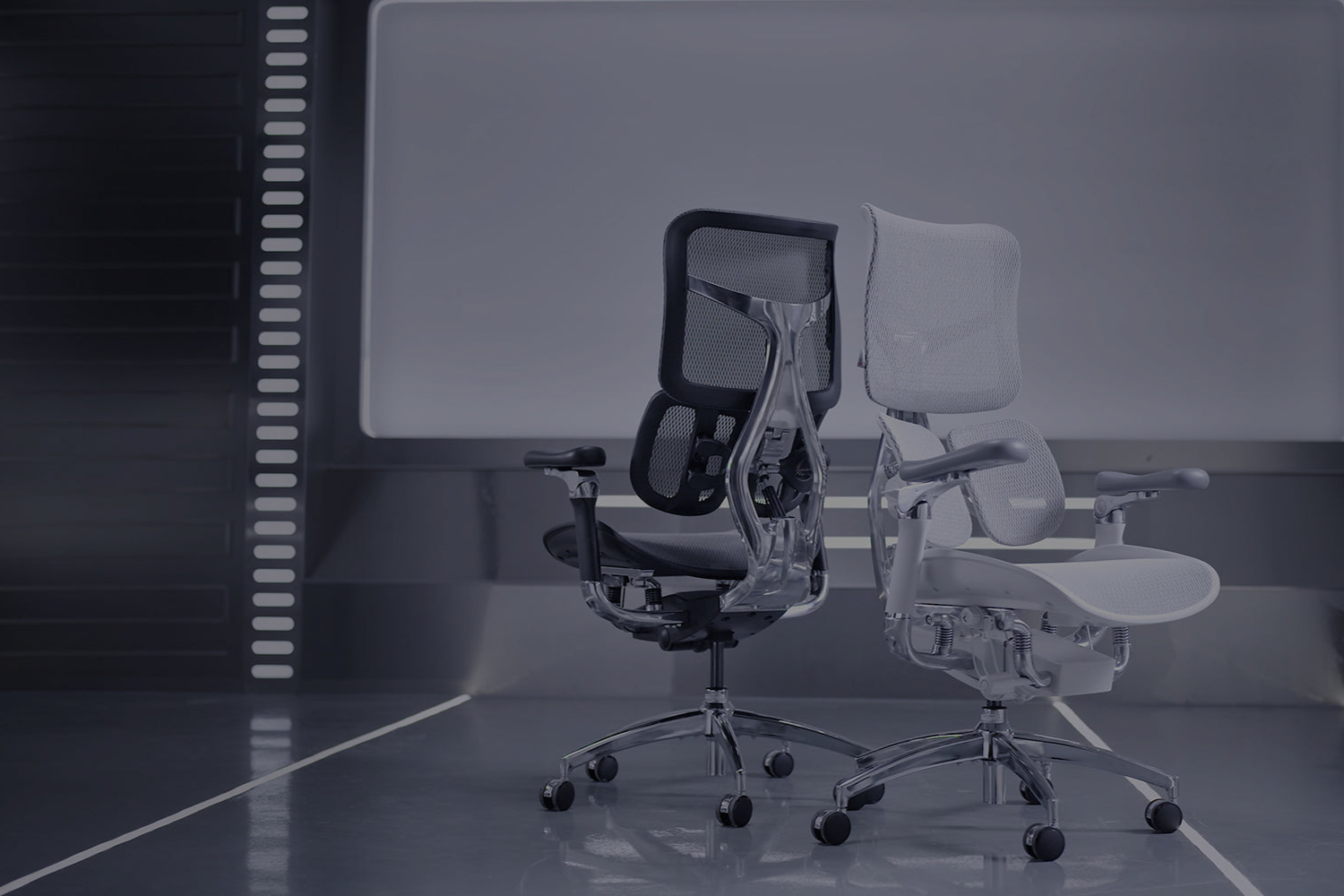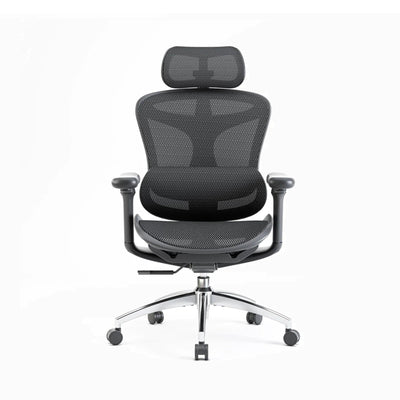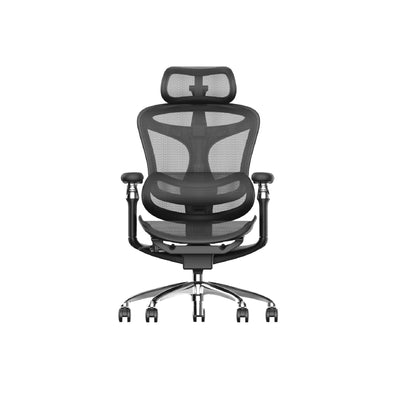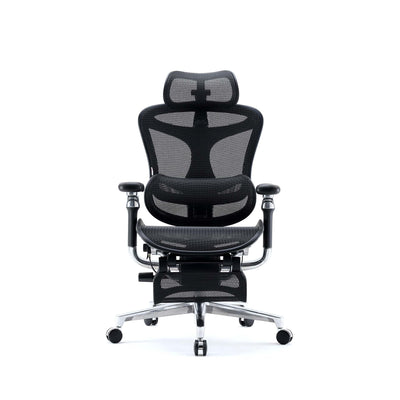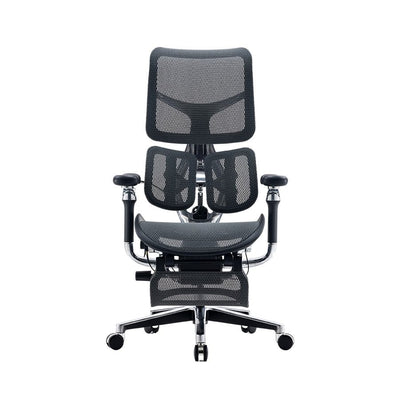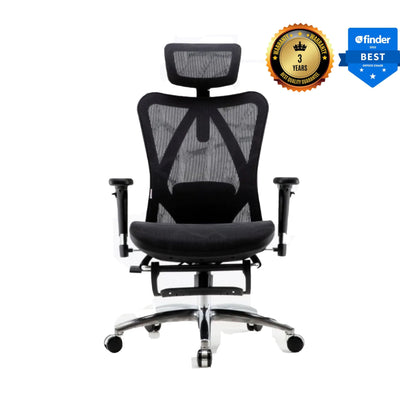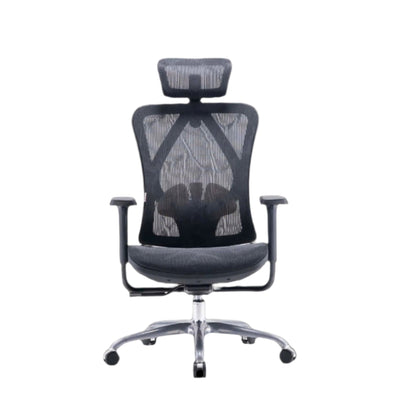
An office chair is an essential tool for any workspace. It helps to maintain proper posture, reduce the risk of back pain, and improve productivity. However, sometimes office chairs need to be moved or replaced, and this is where removing the casters becomes necessary.
Casters are the small wheels that attach to the bottom of office chairs and allow them to move around smoothly. In this article, we will guide you on how to remove casters from an office chair, step-by-step.
Step 1: Gather Tools
The first step in removing the casters from an ergonomic office chair is to gather the necessary tools. You will need a few basic tools, including:
A screwdriver: This tool is used to remove the screws that hold the caster in place.
Pliers: You will need pliers to grip the caster stem and twist it out of the socket.
Lubricant: If the caster is stuck in place, you may need to use lubricant to loosen it.
Step 2: Turn the Chair Over
Once you have gathered your tools, the next step is to turn the chair over. This will give you easy access to the caster and make it easier to remove. You can either flip the chair over onto its back or onto its side, depending on which angle provides the best access to the caster.

Step 3: Examine the Caster Stem
Before you start removing the caster, take a closer look at the stem. You will see that it is either a grip ring or a threaded stem.
A grip ring stem has a round, smooth metal pin that protrudes from the caster. It is held in place by a plastic or metal grip ring that is pushed onto the pin. To remove this type of caster, you will need to pry off the grip ring.
A threaded stem has a metal pin that is threaded like a screw. The pin screws into the ergonomic chair base and is held in place by a nut or cap. To remove this type of caster, you will need to unscrew the nut or cap.
Step 4: Remove the Grip Ring
If your caster has a grip ring stem, use your pliers to grip the grip ring firmly and twist it back and forth until it loosens. Once the grip ring is loose, you should be able to pull the caster straight out of the socket.
If the grip ring is stuck and won't move, you can use a lubricant to loosen it. Simply spray the lubricant around the base of the grip ring and let it sit for a few minutes. Then, use your pliers to grip the grip ring and twist it back and forth until it loosens.
Step 5: Remove the Nut or Cap
If your caster has a threaded stem, use your screwdriver to unscrew the nut or cap that holds the caster in place. Once the nut or cap is removed, you should be able to pull the caster straight out of the socket.
If the nut or cap is stuck and won't move, you can use a lubricant to loosen it. Simply spray the lubricant around the base of the nut or cap and let it sit for a few minutes. Then, use your screwdriver to try to unscrew the nut or cap again.
Step 6: Clean the Socket
After you have removed the caster, take a moment to clean the socket. This will ensure that the new caster fits snugly and doesn't wobble. Use a damp cloth to wipe out any debris or dirt that may be in the socket.
STEP 7: REPLACE THE CASTER
If you need to replace the caster with a new one, simply insert the new caster into the socket. Make sure that it is seated firmly and doesn't wobble.
If the new caster doesn't fit snugly, you may need to use a little force to push it in. You can use a rubber mallet to gently tap the caster into place, being careful not to damage the ergonomic chair base or the caster itself.
STEP 8: SECURE THE CASTER
Once the new caster is in place, secure it by either pushing the grip ring onto the stem or screwing the nut or cap back onto the threaded stem. Make sure that the caster is secure and doesn't wobble.
STEP 9: REPEAT FOR THE REMAINING CASTERS
If you need to remove or replace more than one caster, repeat the above steps for each caster. Once all the casters have been removed or replaced, flip the chair back over and test the mobility of the chair.

CONCLUSION
Removing casters from an office chair is a simple task that can be accomplished with a few basic tools and some patience. By following the above steps, you can remove the casters from your office chair and replace them with new ones, ensuring that your chair continues to move smoothly and provide the necessary support and comfort for your workday.
Remember to take care when removing and replacing the casters, as using too much force can damage the chair or the caster. If you are unsure about how to remove or replace the casters, seek professional assistance or consult the chair's manual for specific instructions. With the right tools and knowledge, you can maintain your office chair's mobility and prolong its lifespan.

